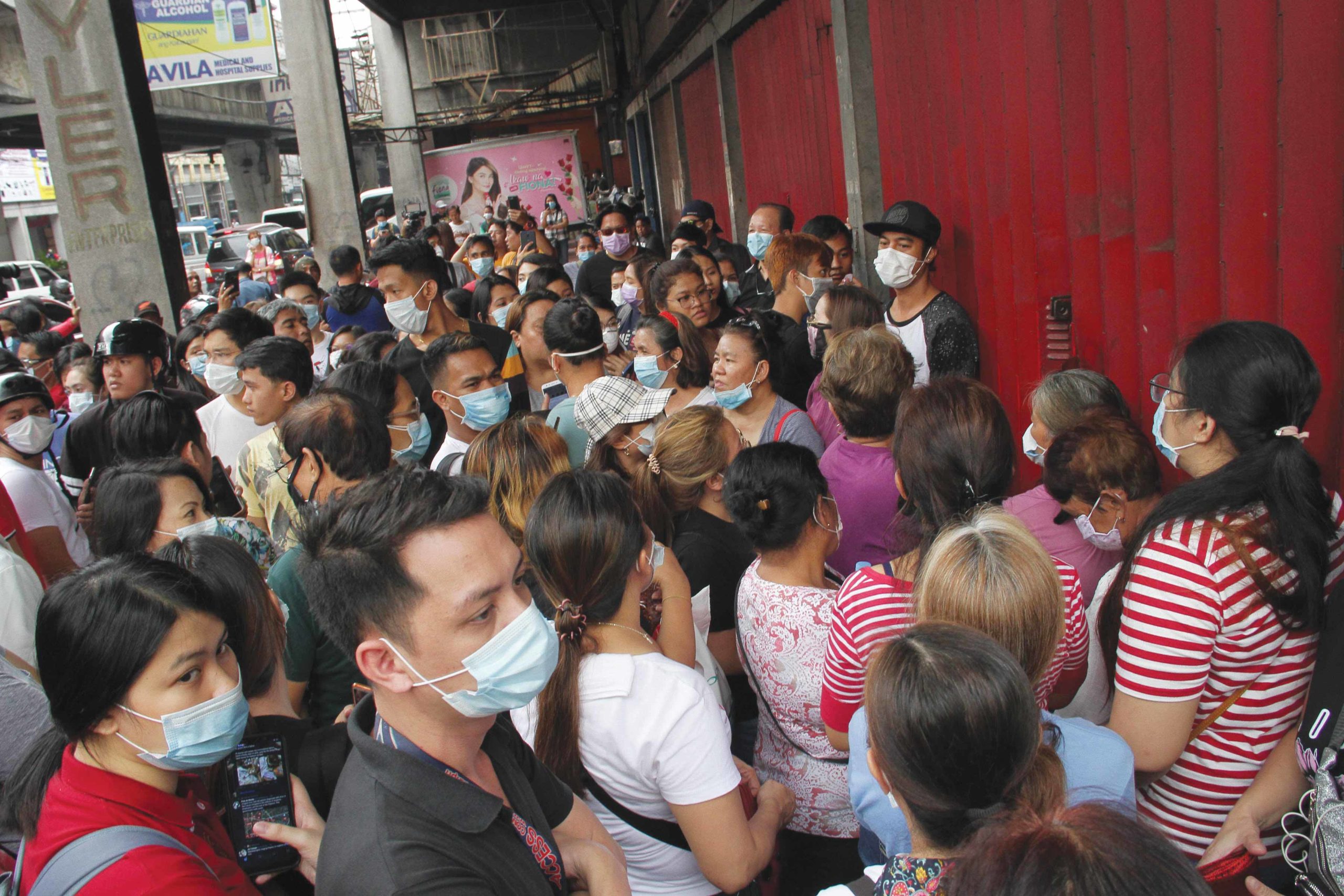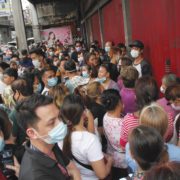
World Health Organization declares outbreak a ‘global emergency’
THE first case of the novel coronavirus (nCov) has been confirmed in the Philippines, the Department of Health said on Thursday, January 30.
“Today the DOH is confirming that a Chinese female patient under investigation is positive for novel coronavirus 2019 after her lab results arrived from the Victorian Infectious Disease Reference Laboratory in Melbourne, Australia,” said DOH Secretary Francisco Duque III in a press briefing.
The Chinese woman traveled to the Philippines from Wuhan, China, via Hong Kong on January 21. She reported consulted with a doctor after experiencing mild cough and was admitted to one of the country’s government hospitals on January 25.
Duque added that the woman was “asymptomatic,” meaning the patient showed no signs of fever and “no symptoms suggesting illness.”
He also confirmed that the Chinese woman is confined at the San Lazaro Hospital in Manila.

“I assure the public that the DOH is on top of this evolving situation. We were able to detect the first confirmed case because of our strong surveillance system, close coordination with the World Health Organization and other national agencies,” Duque said.
“We are working closely with the hospital where the patient is admitted and have activated the incident command system of the said hospital for appropriate management specifically on infection control, case management and containment,” he added.
DOH Epidemiology Bureau Director Ferchito Avelino said that the woman visited Cebu and Dumaguete, adding that the contact tracing is ongoing to determine the public transportation the confirmed case used and the places she visited.
Contact tracing is defined by the World Health Organization as “people in close contact with someone who is infected with a virus, such as the Ebola virus, are at higher risk of becoming infected themselves, and of potentially further infecting others.”
The DOH has recorded a total of 29 patients under observation for 2019-nCoV infection, of which 18 are in Metro Manila, four in Central Visayas, three in Western Visayas, one in Mimaropa, one in Eastern Visayas, one in Northern Mindanao, and one in Davao.
WHO: nCov a ‘global emergency’
The WHO declared the coronavirus outbreak a public health emergency of international concern on Thursday after more than 20 countries spanning Asia, Europe, North America and the Middle East confirmed cases of the virus.
“The main reason for this declaration is not because of what is happening in China, but because of what is happening in other countries,” said WHO Director-General Tedros Adhanom Ghebreyesus.
He added, “Our greatest concern is the potential for the virus to spread to countries with weaker health systems, and which are ill-prepared to deal with it.”
A public health emergency of international concern is defined by the WHO as “an extraordinary event” that constitutes a “public health risk to other States through the international spread of disease,” and “to potentially require a coordinated international response.”
Previous emergencies have included influenza, Ebola, Zika and H1N1.
Apart from the Philippines, the United States, India, and Italy confirmed their first cases of the 2019-nCoV infection on Thursday.




